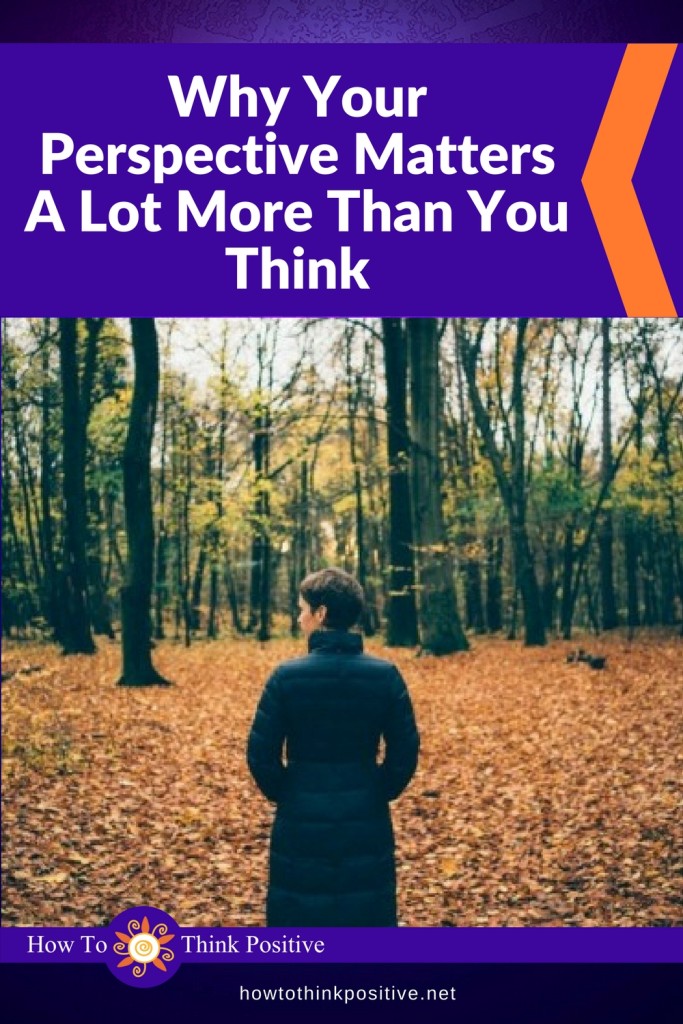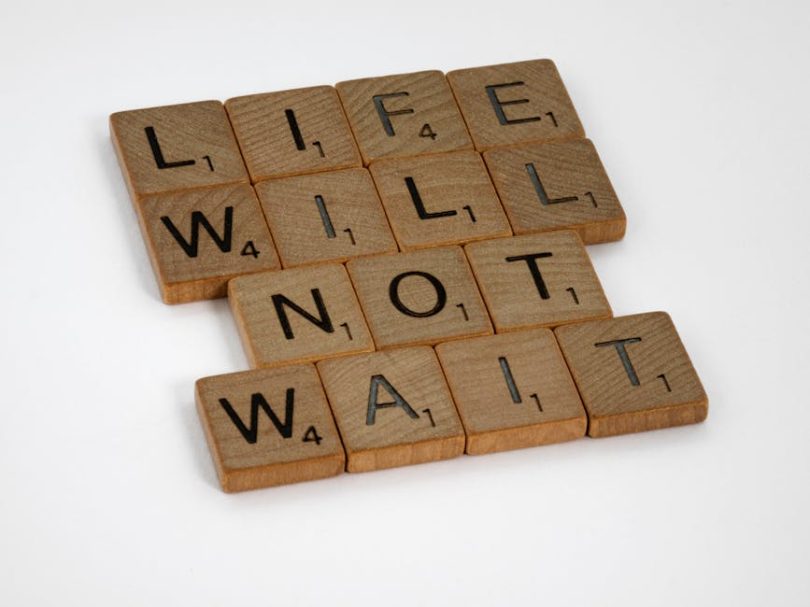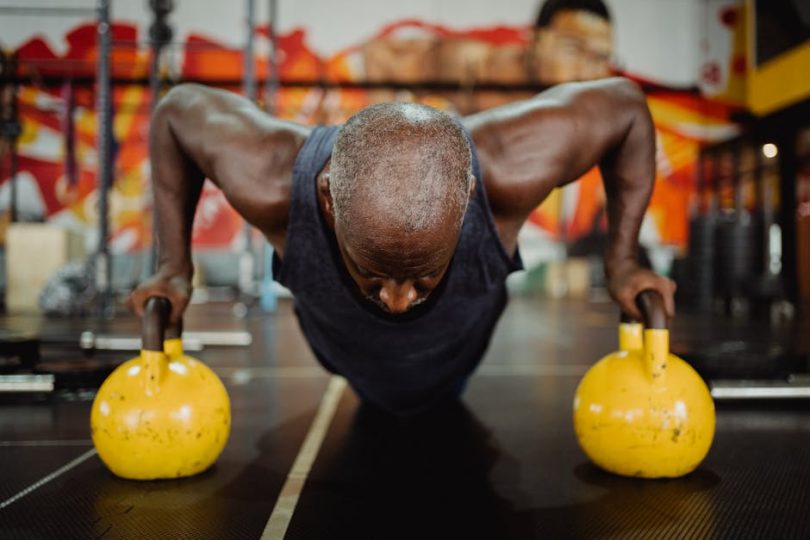As human beings, we are multi-dimensional and have many different perspectives that affect the way we see and feel about ourselves, others, and our world. I am a perfectionist, but I am also a woman, engineer, author, coach, wife, and so on. Your perspective matters more than you give it credit.
What I want to talk about today is our general perspectives according to our focus: pessimistic, realistic, and optimistic. Depending on the thoughts that have the potential to become our beliefs, we form a perspective from which we further experience our lives.
If we focus mainly on fixing problems, soon enough we will achieve a pessimistic perspective. If we are mainly focusing on observing reality, we will achieve a realistic perspective. And when we are focusing on the positive aspects of our reality, we achieve an optimistic perspective.
What’s wonderful about our contrasting environment is that we have the potential to access each of these different perspectives, and we have a choice regarding them, based on our focus. Momentum might make it a bit difficult because drives our brain “go there,” to where we’ve trained it, whether deliberately or inadvertently, but if we learn how to utilize how our brain works, we can achieve the best of it all, as we are naturally supposed to do.
Pessimistic perspective
 I started out having a pessimistic perspective because I was observing, as we all do, my surrounding reality. I didn’t know I had a choice about what I was focusing on, and my reality growing up was a negative one. No one I knew seemed interested in pursuing their dreams, they appeared resigned to the idea that we are here to study, get jobs, and struggle in life.
I started out having a pessimistic perspective because I was observing, as we all do, my surrounding reality. I didn’t know I had a choice about what I was focusing on, and my reality growing up was a negative one. No one I knew seemed interested in pursuing their dreams, they appeared resigned to the idea that we are here to study, get jobs, and struggle in life.
I’ve always felt this strong tendency to want perfection and happiness, and I couldn’t get over the fact that we, as human beings, should get what we want. I was the only one believing this though, so I met a lot of resistance. Nobody was doing anything for fun so I always seemed like the strange one who hadn’t figured things out yet.
Because at the time I didn’t know I had a choice about my thoughts and focus, I was simply observing my reality, and it led to me being pessimistic. I wanted happiness. I wanted perfection. But I was surrounded by people who had long given up on them. So it seemed logical to be pessimistic because that’s all I was able to notice and understand from my negatively focused perspective.
One thing I cared about in specific was my grades in school. I really, really wanted to get the best marks. But since the school system wasn’t really for me, I didn’t always succeed. In fact, most times I didn’t succeed for as much as I was trying. This desire to get the highest marks followed by the disappointment of not achieving them led me to have a pessimistic perspective on the subject of school. I ended up trying to settle for lower marks to protect myself from the disappointment of trying and not succeeding.
You see, by simply observing problems and not knowing how to solve them, by having people around us who are just resigned to them and who tell us we have to learn to live with problems and imperfection, we are focusing in opposition to our success.
We live in a contrasting environment: there are wonderful things we have the potential to access and there are awful things we have the potential to access. The thing we must remember at all times though is that the awful things, the negative things, the lack of what we want are only here as a reference point. They assist us in understanding, defining, and clarifying the wonderful things that we do want, the positive things, the presence of what we want.
But because the things we don’t want seem like they stand in our happiness, we think, somewhat logically, that “You know what? If this thing/person/problem didn’t exist or wasn’t in my reality, I’d be happy.” So then we start focusing on eliminating it. Only things in our environment accumulate. We can’t eliminate things, but we don’t have to live with them either: we can improve them.
The trick lies in understanding that when we want to improve something, it’s always effortless when we don’t get caught up in its wrongness in the first place. You see, we must have a reference that is contrasting in nature, or else we’d say yes to everything and we wouldn’t have any awareness of anything at all.
But we don’t have to feel powerless to a problem, even if it causes us to feel negative emotions. We don’t have to be pessimistic, and we don’t have to protect ourselves. In a very, very rudimentary way, being pessimistic can “protect” us from disappointment. “If I somehow learn to see everything as really bad, I won’t be disappointed when it turns out to be bad.”
Can you see what a diminished life experience this pessimistic perspective ensures? I had it for years. I was caught up between wanting the best and being disappointed when it didn’t happen. So the easiest solution seemed to just not want it anymore. To somehow get used to the idea that I’m not supposed to want the things I want, especially since others seemed to be fine with it.
But there is so much more to life than this. We don’t have to protect ourselves from disappointment; we can, instead, practice focusing on the positive that’s already present in our lives and by doing that, we can live our lives to the fullest. There is far more to life than the potential to not succeed, and we can’t see that from a pessimistic life perspective because its main focus is on what can’t be, or what can’t be done.







